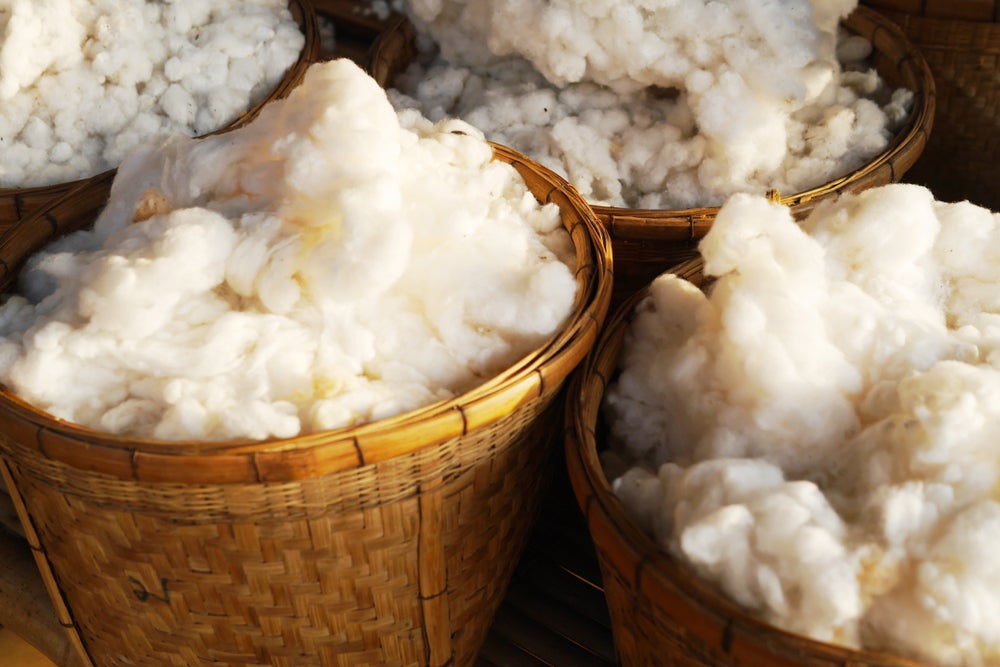
In the Better Cotton 2022-23 Annual Report CEO Alan McClay shares it’s an exciting time for the cotton farming initiative.
He explains Better Cotton accounted for 22% of global cotton production in 22 countries last year across 22 countries with its programmes reaching 2.8 million farmers, including more than 2.2 million Better Cotton licensed farmers.

Discover B2B Marketing That Performs
Combine business intelligence and editorial excellence to reach engaged professionals across 36 leading media platforms.
In January this year (2023) Uzbekistan, which was declared forced labour-free in March 2022, joined the list of countries implementing a Better Cotton Programme, with McClay describing it as a “positive change” for the world’s sixth-largest cotton production nation.
The latest revision of Better Cotton’s Principles and Criteria (P&C) is described as being at the the core of its efforts in 2022 and plays a vital role in helping the organisation and its partners work towards the five Impact Targets outlined in its 2030 Strategy.
McClay explains he has “every confidence” that the six principles of management, natural resources, crop protection, fibre quality, decent work, and sustainable livelihoods, are supported by Better Cotton’s cross-cutting priorities of gender equality and climate change mitigation and adaptation will continue to deepen the initiative’s impact and improve the future of its farming communities.
These targets also aim to improve soil health, reduce pesticide use, decrease greenhouse gas emissions, empower women in agriculture, and bolster smallholder’s livelihoods.

US Tariffs are shifting - will you react or anticipate?
Don’t let policy changes catch you off guard. Stay proactive with real-time data and expert analysis.
By GlobalData“These are big ambitions that have measurable outcomes to ensure we are achieving the impact we aim for,” states McClay.
The year was also marked by severe floods in Pakistan and other extreme weather patterns which Better Cotton says emphasises the importance of the organisation’s improved climate approach and innovative projects like its traceability solution.
McClay also points out Better Cotton is putting “regenerative agriculture” at the heart of its sustainable practices.
Better Cotton collaborated with International Social and Environmental Accreditation and Labelling Alliance (ISEAL) and cross-sector partners in October last year to create the Delta Framework, a set of indicators to measure sustainability in the cotton and coffee commodity sectors.
McClay explains Better Cotton has since launched an improved impact reporting model, which he says “better evidences trends over time in Better Cotton farming”.
It is preparing to launch its traceability solution in November 2023 having revised its Chain of Custody model in 2022, which McClay hopes will lead to the question of “where does your cotton come from?” having a clear answer in every physical Better Cotton garment.





